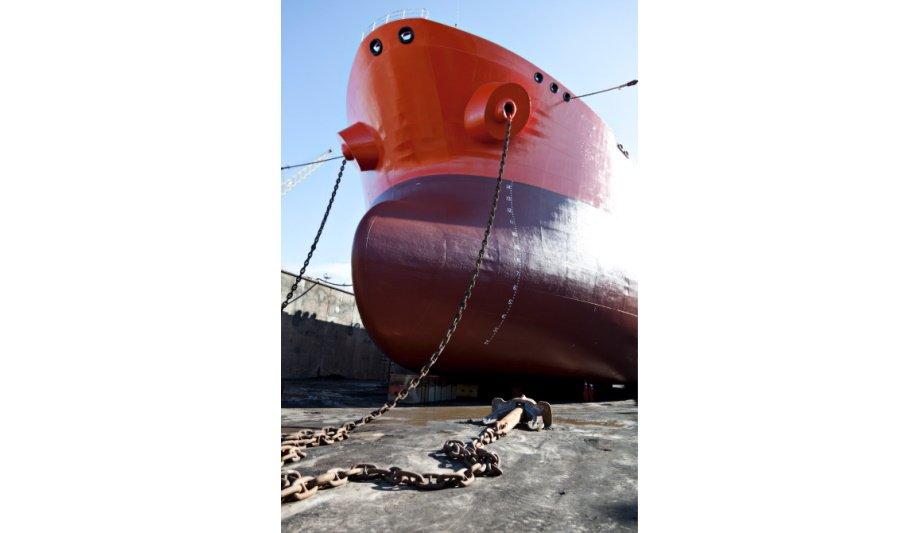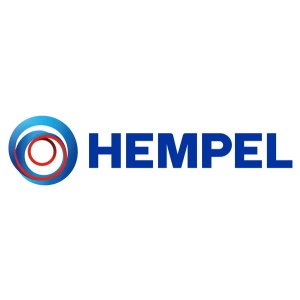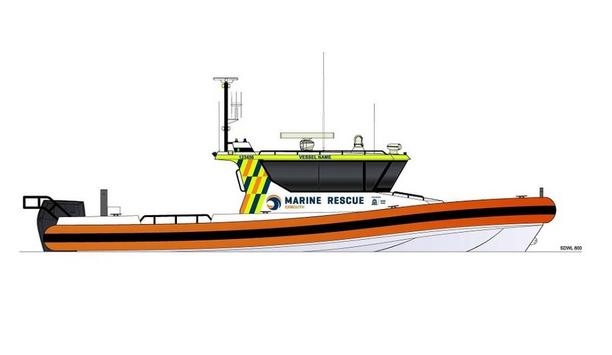Hempel has announced joining the International Maritime Organization’s (IMO) Global Industry Alliance (GIA) for Marine Biosafety to work with industry to support shipping’s emissions reduction pathway and to mitigate against the spread of invasive species.
World-renowned coatings company, Hempel A/S, has increased its commitment to supporting the maritime industry’s shift to ever more sustainable operations by joining the Global Industry Alliance (GIA) for Marine Biosafety.
Hempel joins Global Industry Alliance for Marine Biosafety
Following Hempel’s membership, the GIA comprises 13 private companies that work with governments
The Global Industry Alliance (GIA) for Marine Biosafety, created under the International Maritime Organization’s (IMO’s) GloFouling Partnerships project, is a cross-sectoral platform for collaboration.
Following Hempel’s membership, the GIA comprises 13 private companies that work with governments, the IMO and other non-governmental organisations to increase awareness of the environmental implications and risks associated with biofouling on ships hulls, identify common issues, and foster solutions for mitigation. The alliance also informs policy developments and shares technical expertise within NGOs.
Accelerate solutions to decarbonise the maritime industry
Alexander Enström, the Executive Vice President (EVP) and Head of Marine at Hempel A/S, said “At Hempel, we are very pleased to be joining the Global Industry Alliance (GIA) for Marine Biosafety. We believe that strong collaboration between all stakeholders - Governments, NGOs and the maritime industry - is needed to identify challenges and accelerate solutions to decarbonise the maritime industry and protect marine environments.”
He adds, “As a provider of hull performance solutions that can help prevent the build-up of invasive species on hulls as well as reduce the fuel usage and carbon emissions of ships, we look forward to taking part in this collaboration.”
Biofouling on ships’ hulls affects the environment
Biofouling on ships’ hulls can affect the environment in two ways. Ships sailing across different regions can facilitate the unintentional spread of invasive aquatic species one of five largest threats to marine biodiversity.
Furthermore, biofouling build-up on a ship’s hull creates drag and can significantly reduce efficiency levels as more fuel is required to propel the vessel through the water.
Members of GIA
Members of the GIA include marine coatings companies, in-water cleaning service providers
Members of the Global Industry Alliance (GIA) for Marine Biosafety include marine coatings companies, in-water cleaning service providers and marine growth preventive systems, shipping companies and technical organisations. The International Association of Oil & Gas Producers also has observer status within the group.
Members of the GIA include marine coatings companies, in-water cleaning service providers and marine growth preventive systems, shipping companies and technical organisations. The International Association of Oil & Gas Producers also has observer status within the group.
Global Industry Alliance (GIA) for Marine Biosafety
The Global Industry Alliance (GIA) for Marine Biosafety was set up as a public-private partnership by the GloFouling Partnerships project in June 2020. The project is part of the wider efforts undertaken by IMO, in collaboration with the Global Environment Facility (GEF) and the United Nations Development Programme (UNDP), to protect marine ecosystems from the negative effects of invasive species.
The programme is also in line with the International Maritime Organization (IMO) strategy to reduce greenhouse gas (GHG) emissions from shipping by at least 50% by 2050. By limiting biofouling on a ship’s hull, GHG emissions are reduced and operational efficiencies can be achieved.











